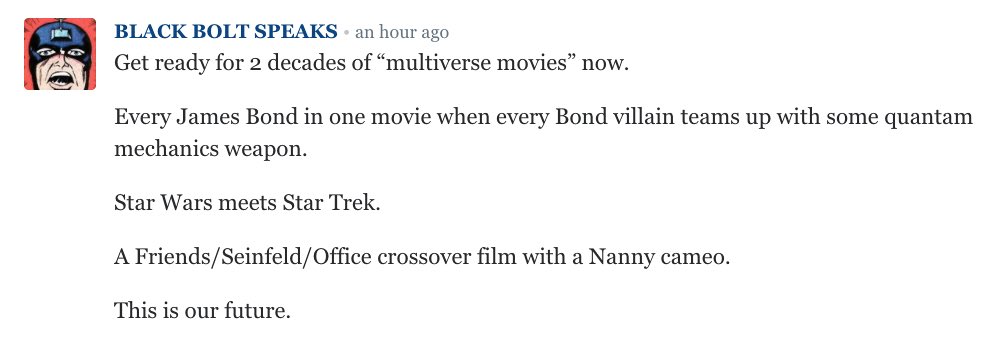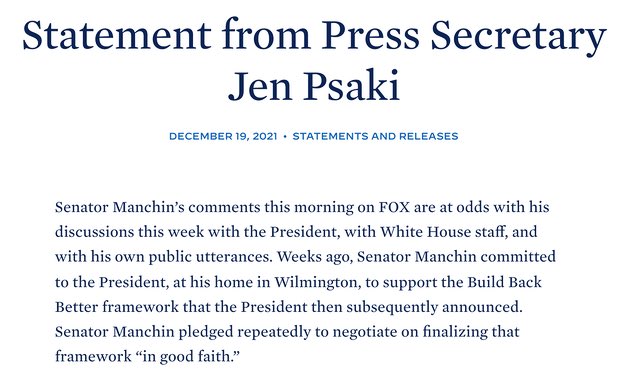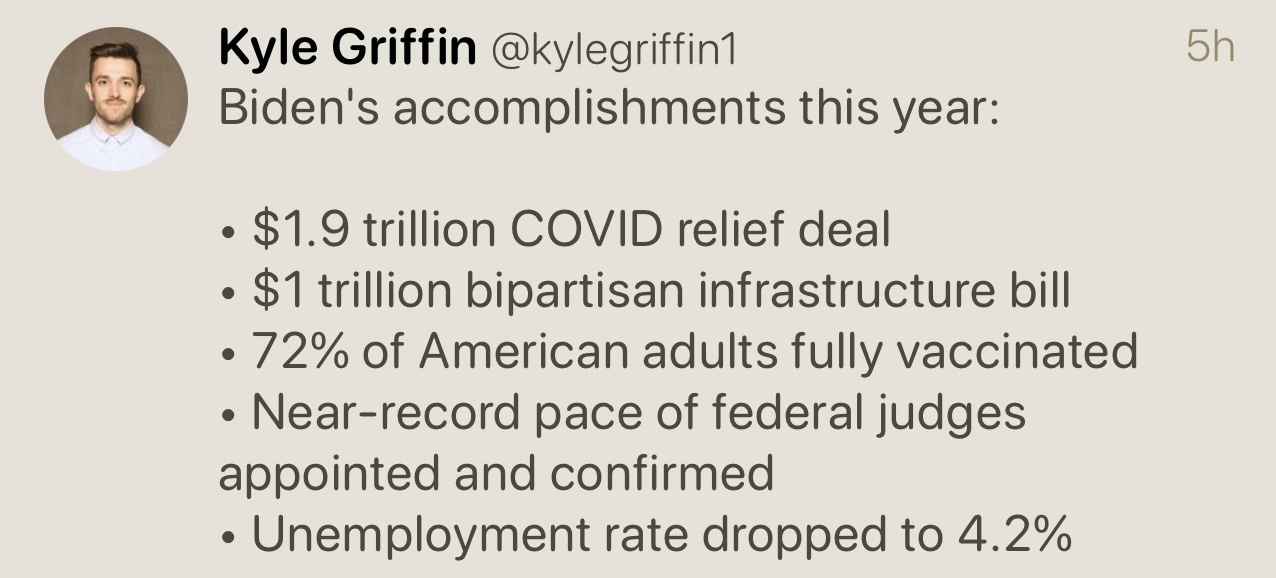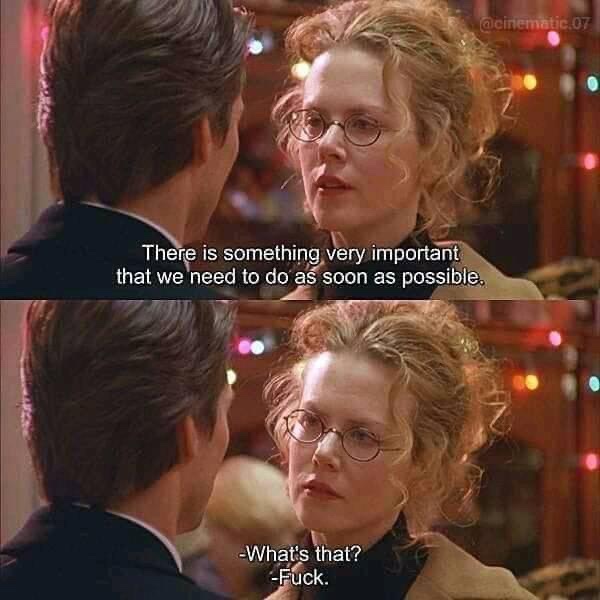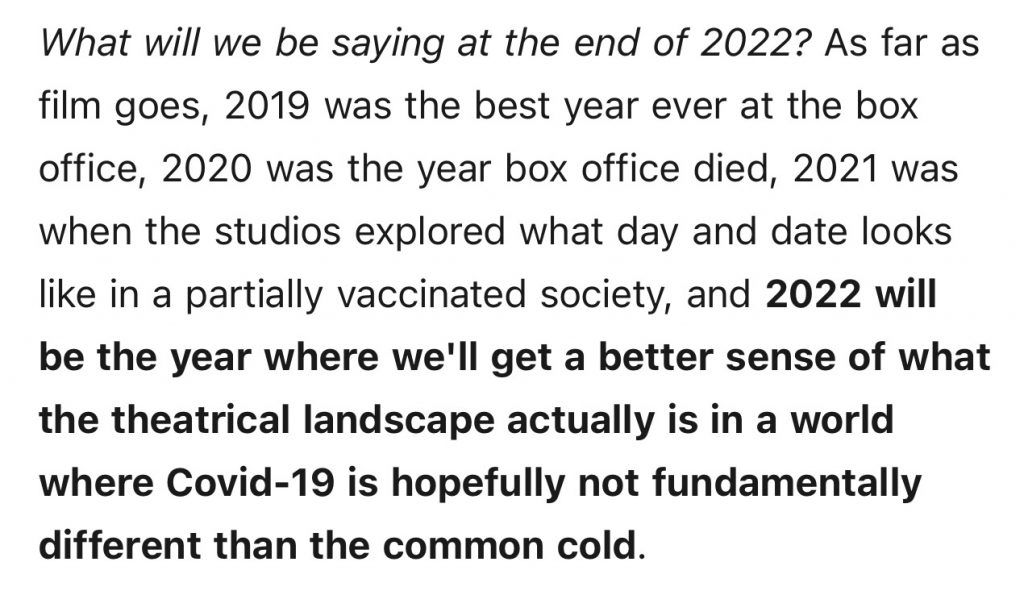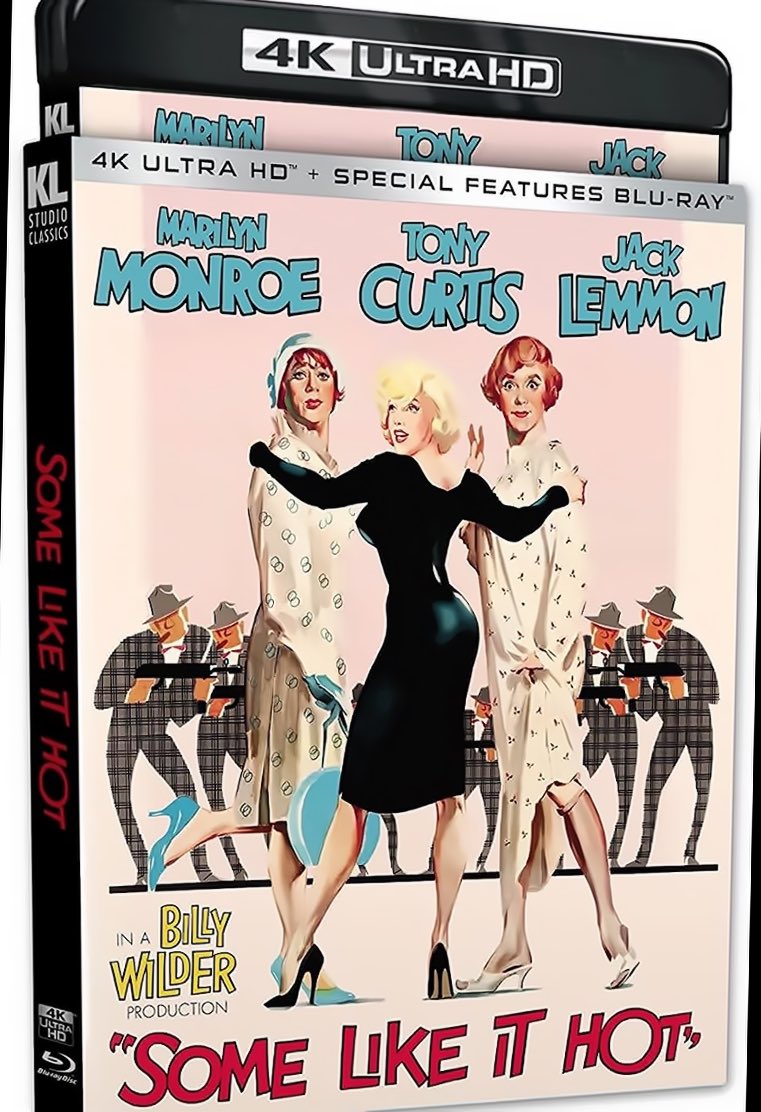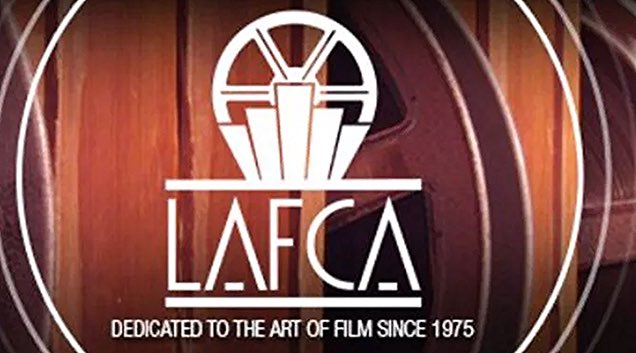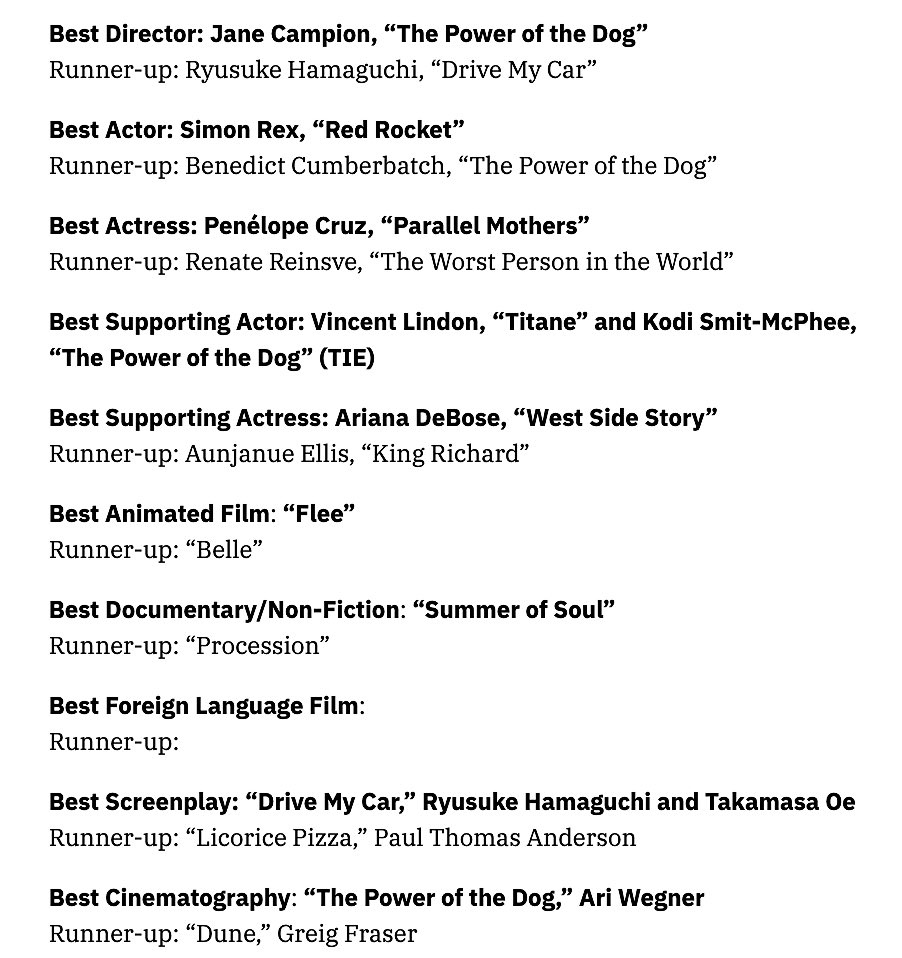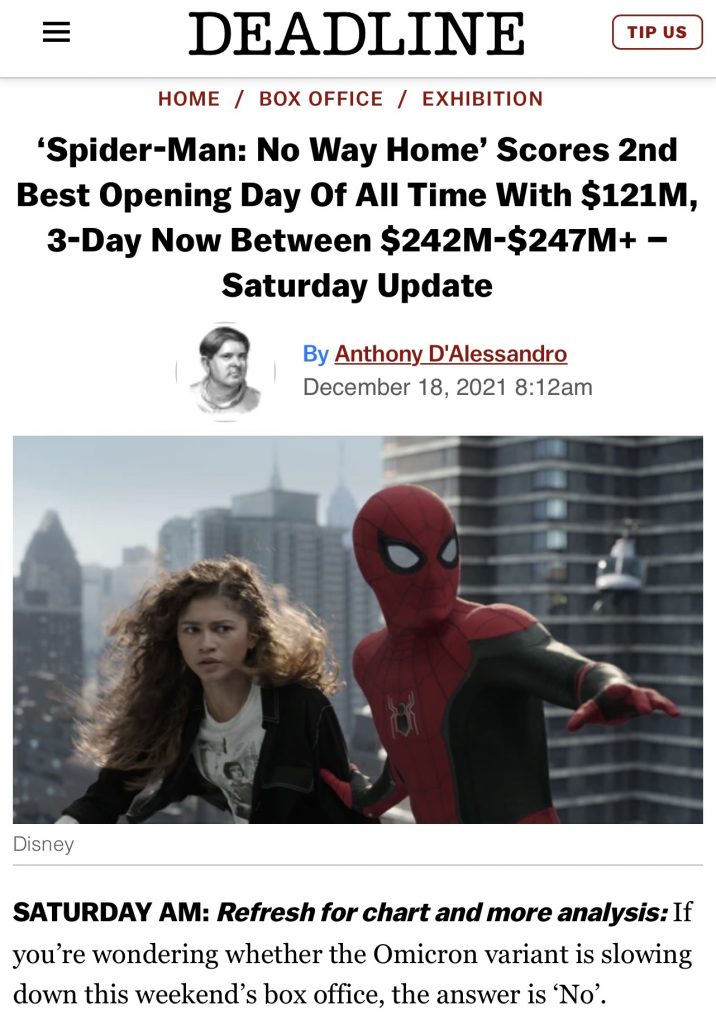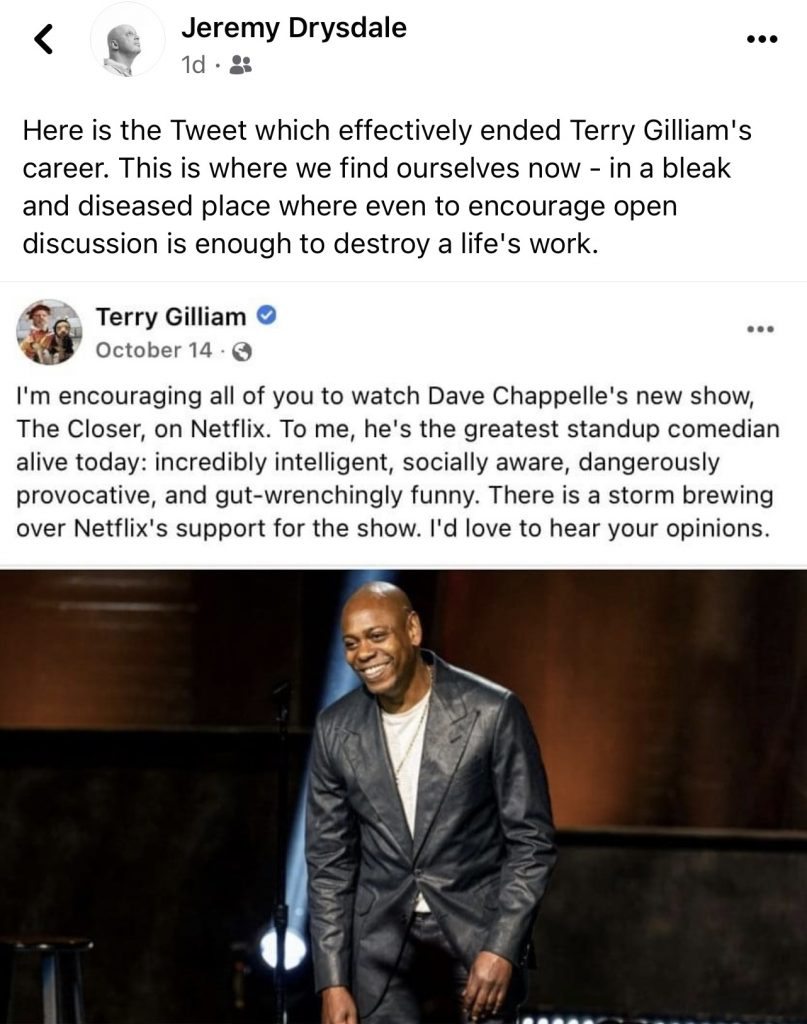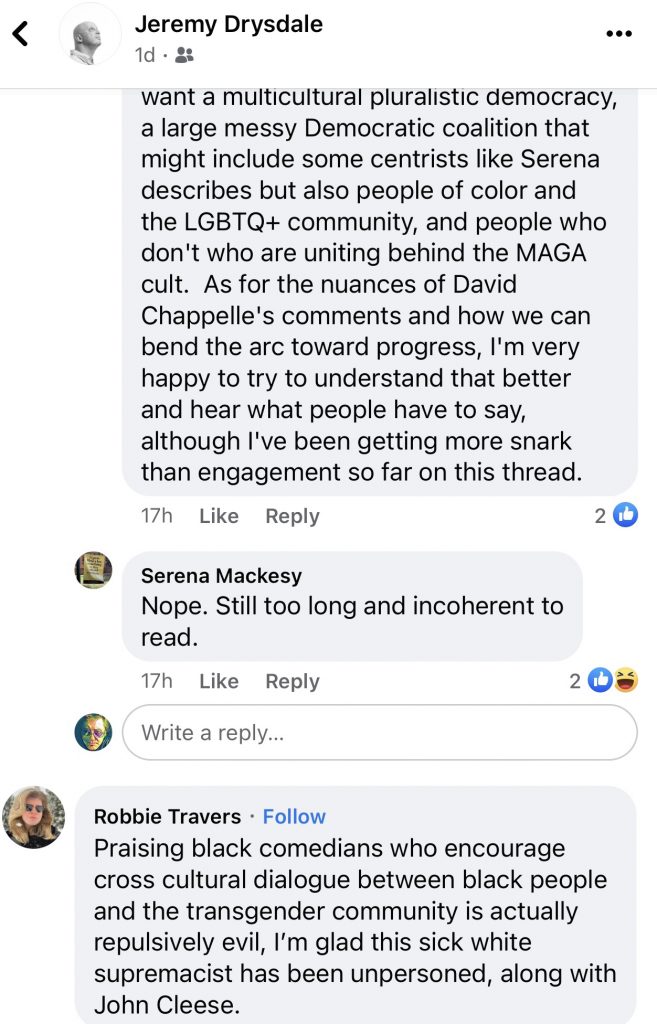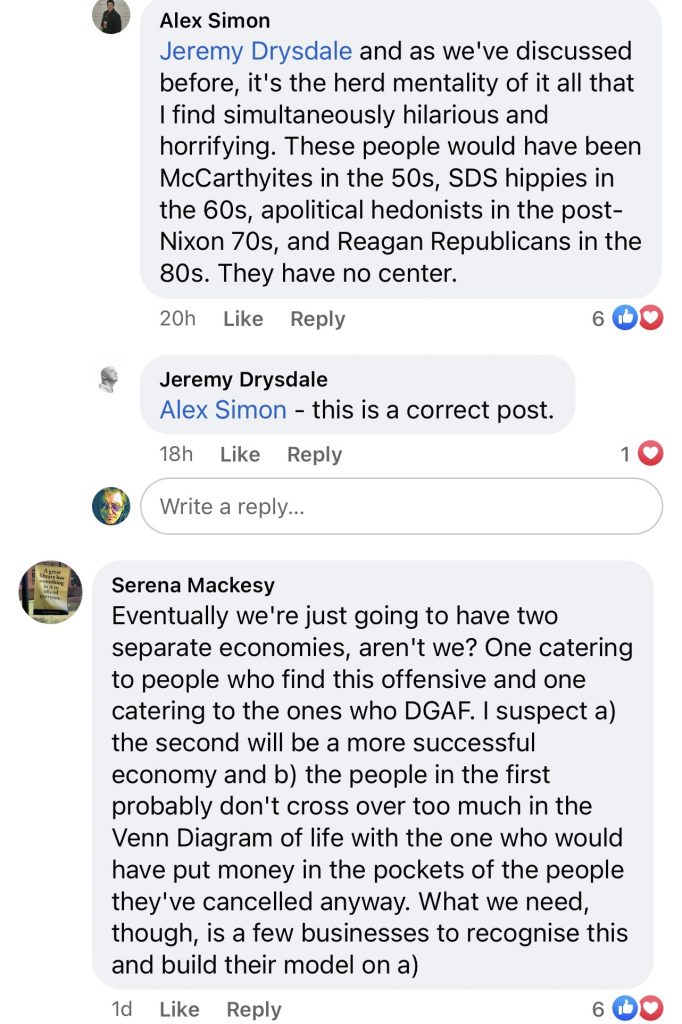With few exceptions every non-comedic or non-surrealistic movie that tells a story, however fantastical or familiar or outlandish or brilliant or self-subverting or satirical, sticks to or “lives in” its own self-regulated realm. The laws and limits of this realm are described in the “Dramatic Integrity Rulebook“, which is published and updated every year (usually in late March or early April). All the guilds have been signatories for decades.
Decade after decade and era after era, the creators of almost every non-comedic or non-surrealistic movie have stated the following to their audiences: “This is a world of our own making and design…we’re at liberty to throw in any kind of unexpected twist or shocking surprise or any kind of bullshit…we can use any kind of holy-shit element or imaginative leap that we want because we built this private asylum and we make the rules.”
At the same time (and this is written in an introductory essay in the 2021 edition) filmmakers also agree that they can’t throw out the Dramatic Integrity Rulebook (DIR) entirely because at the end of the day the DIR is the terra firma upon which filmmakers and their creations stand.
Surreal put-on comedies like Blazing Saddles can go hog wild and double-back and break the fourth wall, yes, but not superhero flicks, dramas, sci-fi programmers, thrillers, action adventures, romantic comedies, etc. They can’t suddenly say “the hell with it” and step out of their own realm and ignore their own rules. They have to carry the ball on the playing field until the clock runs out. They can’t just…whatever, jump into a mini-helicopter and fly out of the football stadium and take a private jet down to Turks and Caicos — they have a game to play and they have to finish it, and all players are required to wear a helmet with face guard, shoulder pads, a jersey, etc.
If No Time To Die‘s Daniel Craig had suddenly been assisted at a crucial moment by the 32 year-old Sean Connery as he appeared in Dr. No, and if The Spy Loved Me‘s youngish Roger Moore had stepped in a few minutes later…if there had suddenly been three Bonds on the same team, it would have been mind-blowing, psychedelic, giddy, stunning, fall over backwards, somebody pinch me, etc. But at the same time No Time To Die would’ve stopped being a movie.
You can knock audiences for any kind of loop you care to, but you can’t bring in time-warp guest stars for the hell of it. Well, you can but once you start playing the multiverse game all bets are off.
On the other hand once you’ve committed to multi-verse concepts and storylines, the possibilities are pretty crazy.
